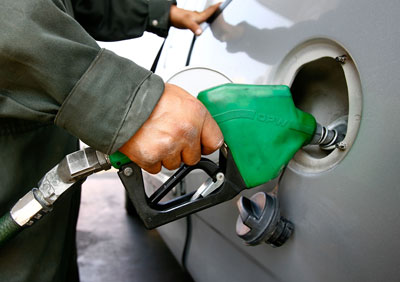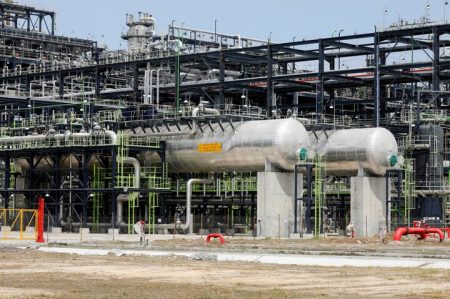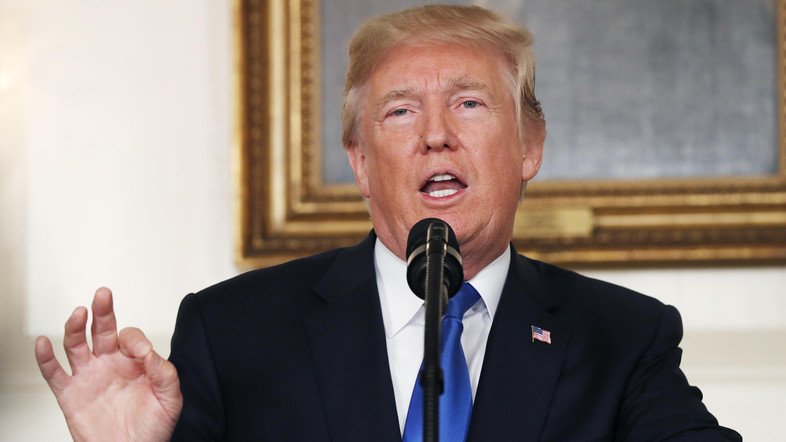
London — Britain’s Labour Party called on Monday for the energy price cap to be frozen to help people deal with another expected surge in fuel bills, putting pressure on the Conservative government as Britons grapple with the worst cost-of-living crisis in decades.
Liz Truss and Rishi Sunak, the two Conservative Party politicians vying to replace Boris Johnson as prime minister, have so far promised more limited help than the 29-billion-pound plan outlined by main opposition leader Keir Starmer.
Starmer said his Labour Party, if in power, would cap energy costs at the current level of 1,971 pounds ($2,386) per year for six months from October and would pay for it by extending a windfall tax on oil and gas companies in the North Sea to raise 8.1 billion pounds.
Charities in Britain are warning that millions of people could be forced into poverty if the government does not soften the blow with a new support package.
“We would make sure these energy price increases do not go ahead in the autumn and so instead of allowing the prices to go up and then trying to rebate people, we’re going to cut the problem at source and stop those price increases,” Starmer told the BBC.
“We’re going to pay for it by extending the windfall tax on oil and gas companies in the North Sea who’ve made much bigger profits than they expected.”
Labour also said it would backdate the windfall tax to January and remove the government’s investment allowances for energy companies, which would allow firms to get tax savings in exchange for more investment in oil and gas production.
Starmer said the emergency package would also lower bills in the longer term by insulating 19 million homes in Britain over the next decade and would reduce inflation, which the Bank of England says will probably exceed 13% in October.
But he ruled out temporarily nationalising energy companies which refuse to lower bills – a suggestion made by Labour’s former prime minister, Gordon Brown, who appeared to criticise Starmer for going on holiday last week at a time of crisis.
Paul Johnson, director of the Institute for Fiscal Studies think tank, said the plan would probably need to run for a year at a cost of around 60 billion pounds.
“If that’s what you want to achieve, that’s what you need to do but you do need to recognise that is a very expensive thing to do,” he told BBC radio.
The government has said it is offering a 37-billion-pound package of help, with 8 million of the most vulnerable households receiving 1,200 pounds of direct support.
A spokesman for Prime Minister Johnson said the finance ministry and other departments were making “necessary preparations to ensure a new government will have options to deliver support as quickly as possible, but clearly those decisions will rest with the new prime minister”.
Russia’s move to cut gas exports to the West following its invasion of Ukraine has driven up bills across Europe, forcing governments in Italy, France and elsewhere to intervene. France has capped electricity tariff rises at 4%.
The forecasting group Cornwall Insight estimates that average British annual bills for gas and electricity will jump to 3,582 pounds in October and 4,266 pounds in January. Earlier this year, the price cap was 1,277 pounds.
Foreign minister Truss, the favourite to be Britain’s next prime minister, has faced criticism from political opponents and charities for appearing to rule out further “handouts” and, seeking to appeal to fiscally Conservative Party members, has not committed to increasing direct support to consumers.
Sunak, the former finance minister, has said a cut in value-added tax (VAT) could save households around 200 pounds on their energy bills.
Reporting by Andrew MacAskill, Elizabeth Piper and Kylie MacLellan; Editing by Kirsten Donovan and Catherine Evans – Reuters
Follow us on twitter



